The opportunities in front of us now
Providing for acute needs and preparing for policy development in our Post-COVID Future
“Is it too early to start thinking about the potential policy changes revealed by the COVID-19 crisis?” I asked on a check-in call with DASH CIC-START awardees last week.
Sharon Ron, from Boston’s Metropolitan Area Planning Council responded, “We have been, as an agency, considering that exact question. We are responding to the immediate needs that are acute, but always with an eye toward ‘how does this speak to transformative changes that need to be happening, and how does it speak to other work?’”
All In collaboration members are on the front lines of this crisis -- responding with everything you have to the day-to-day needs of your communities and, at the same time, seeing all of the ways that systems are broken. Some of you are also identifying surprising new ways to make systems work for people, even though your communities were already stressed by economic hardship and inequities.
At DASH and within All In, we are in a unique position to help think about the future. While we are not on the front lines, we can collect, collate, and promote what is working and what isn’t. We want to learn from your stories, share them with others, and begin to co-create a national conversation about policy and systems changes for a post-COVID nation.
We do not know now when and how the crisis will evolve, but we do expect that our individual organizational responses will evolve into our national recovery. As we recover, we will have the opportunity to reflect and leverage what we have learned collectively in the upcoming months. DASH is interested in how we understand and build on those lessons, and then how we can work together to move into an action space for policy and systems change.
Lauren Pennachio from Health Leads responded to the immediate/future balance question by saying that they’ve been able to integrate both “the operational now” and the longer-term policy issues because of their wide and deep relationships in the community, which she described as “a wonderful both/and.”
DASH and our All In partners have the unique privilege to support and learn from the many communities that are acting for and with communities across the country. What can we do now to understand the impact of the crisis on our grantees and colleagues in healthcare, public health, and community-based social services? What can we do with you without taking too much of your time? How can we leverage what all of us are doing collectively to make meaningful changes to the systems that support the most vulnerable people in our communities?
To remove barriers to participation, we are eager to accept any response to these questions. Send us a cell phone video, jot down some quick impressions, or a bullet-pointed list. This doesn’t have to be an elaborate essay; just share your best thoughts and impressions.
We are grateful for our relationships with so many of you who are caring for your community’s immediate needs and intentionally reflecting on the advocacy opportunities this crisis is revealing. Please join us on the All In online community.
